By Beata Bruggeman-Sękowska On September 19, 1940 Witold Pilecki, a member of the Secret Polish Army, let himself get caught and arrested by German policemen in Warsaw in order to be sent to Auschwitz death camp. His intention was to infiltrate the camp, set up a resistance network there and gather information about the death […]
Mr Jacek Jaśkowiak, mayor of Poznań prepared an exclusive statement for EIOCO on the 65th anniversary of Poznań uprising. By Beata Bruggeman-Sekowska Statement of the Mayor of Poznań Mr Jacek Jaśkowiak On June 28, 1956, the road to freedom began in Poznań. Workers from Poznań factories took to the streets […]
By Beata Bruggeman-Sekowska 65 years ago on the 28 June of 1956, at 6 a.m. Poznań ( city in the western part of Poland) riots started at the multifactory complex of Joseph’s Stalin’s (or ‘Cegielski’s) Metal Industries. Approximately 100,000 people gathered in the city centre near the local Ministry of Public Security building demanding better […]
On March 18 Beata Bruggeman-Sekowska, president of EIOCO, was interviewed by Polish news broadcasting internationally. She elaborated on the vision, purpose and the activities of our Institute. She explained that the knowledge about communism is often not correct in western Europe and that various stereotypes are perpetuated which shed the wrong light on this issue. […]
On Wednesday, 13 January, at 9.55 a.m., while commemorating the 30th anniversary of the defence of the restored independence of Lithuania, Lithuanian Seimas kindly invites you to watch a video recording of the celebration of the Day of the Defenders of Freedom and the Freedom Prize awarding ceremony. During the broadcast from the Seimas […]
Beata Bruggeman-Sekowska On the 13th of January victims of the Soviet military aggression of 1991 are commemorated. The candle, as symbol of the memory, today is lit across Lithuania and by the Lithuanian communities abroad. On 13 January 1991 armoured Soviet forces drove through peaceful crowd which gathered to protect the symbol of Lithuania’s […]
Beata Bruggeman-Sękowska On September 17 about 1 million troops of the Red Army crossed the eastern borders of Poland starting the red invasion of Poland. It was sixteen days after Nazi Germany invaded Poland from the west. The invasion ended on 6 October 1939 with the two-way division and annexation of the entire Second […]
Beata Bruggeman-Sekowska When the Polish government under Edward Gierek introduced new food price increases in the summer of 1980 and Poland faced big international debt and shortages of supplies, a wave of labor unrest was stirred in the country. In July a series of strikes started in Lublin and on 14 August 1980 a […]
How the Poles saved Europe from the Red Army a century ago Patrick van Schie In Western Europe it is perhaps one of the least known battles of the twentieth century, yet one of the most important turning points: the battle of Warsaw in August 1920. Unexpectedly, the young republic of Poland defeated […]
Beata Bruggeman-Sekowska Interview with Ilze Burkovska Jacobsen, director of ‘’My favourite War’’ animated film about her life under communism. The premiere in Latvia of ‘’My favourite War’’ is planned in March 2020. Ilze Burkovska Jacobsen Beata Bruggeman-Sękowska: I watched fragments of your almost 80 minute animated documentary based on your life ’’My favourite […]
Beata Bruggeman-Sekowska Interview with Claudia Heinermann, a prize-winning author of Wolfskinder and an author of a new Trilogy: ‘Siberian Exiles’. Beata Bruggeman-Sekowska: You are the author of the prize-winning book Wolfskinder A Post-War Story. And since 2016 you have been working on a very special project devoted to the oppression of communism, abuse of […]

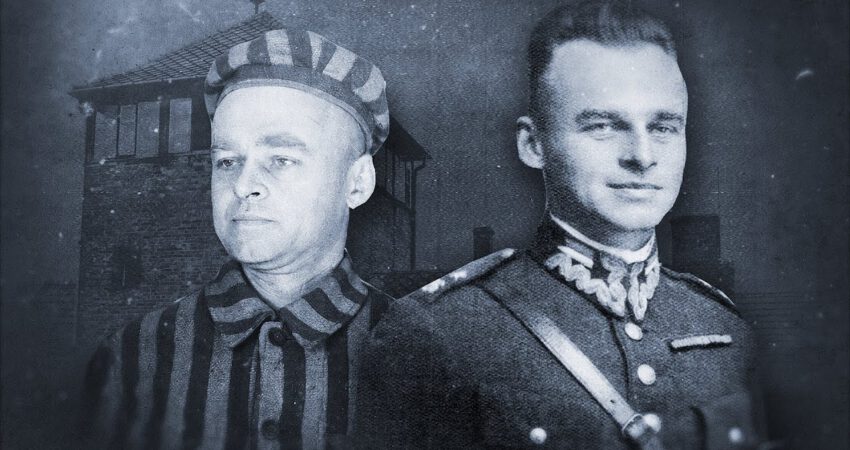
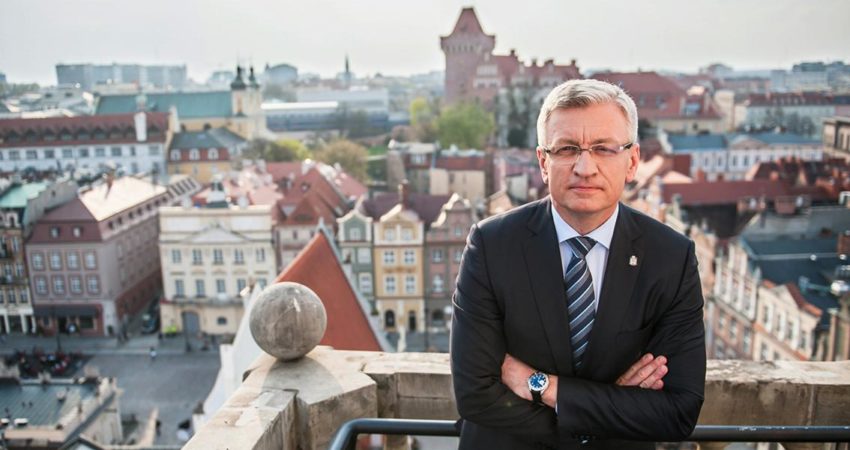
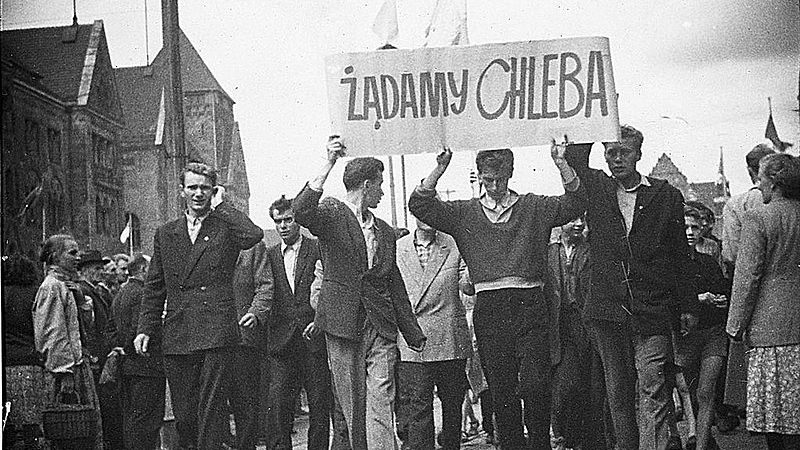
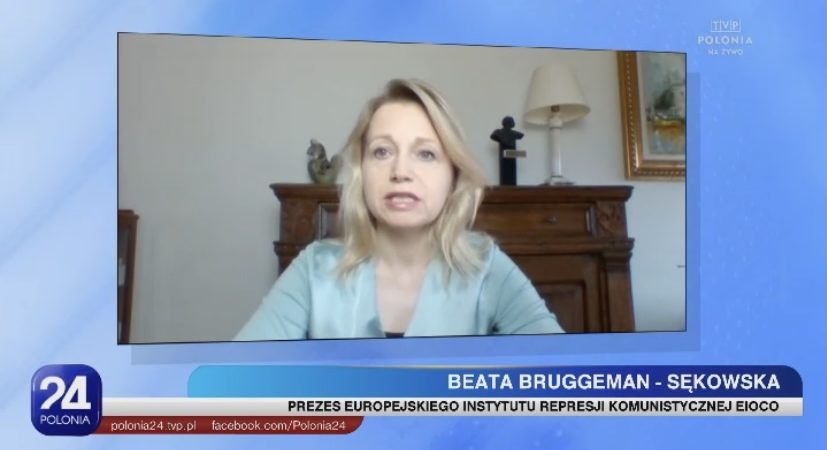
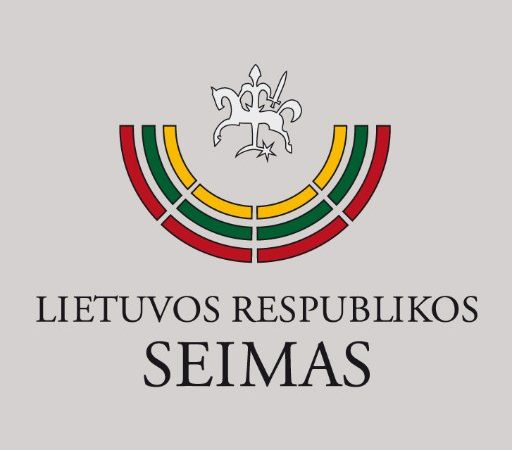
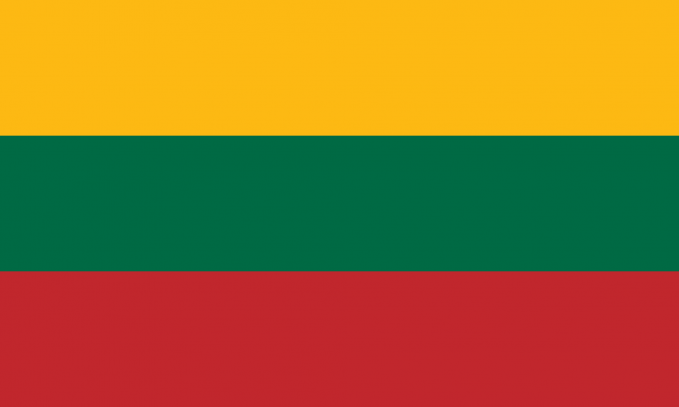

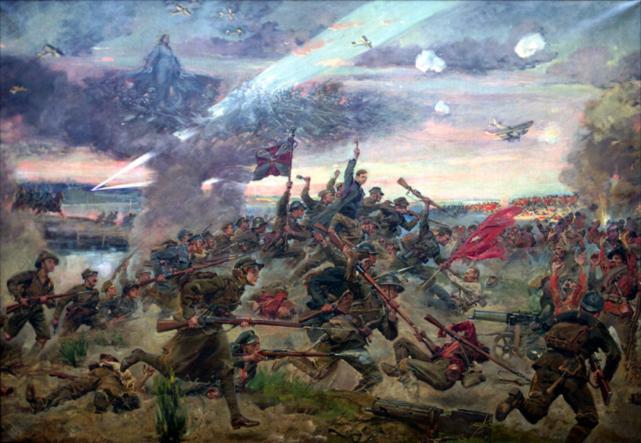
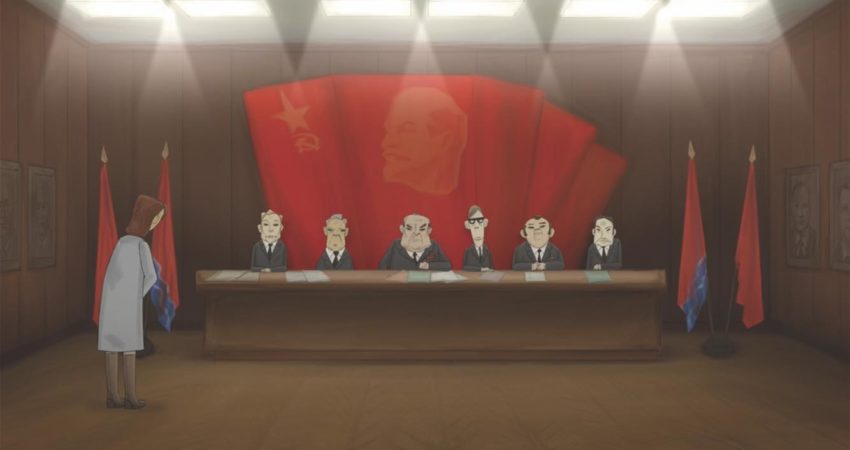
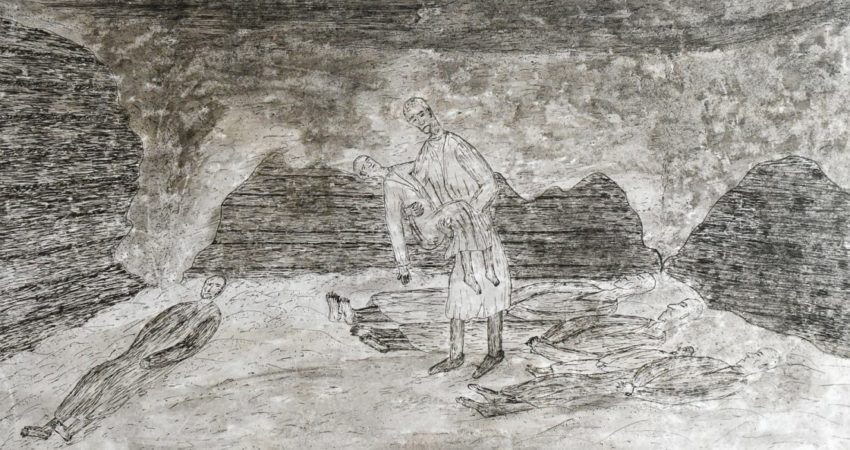
Follow Us!